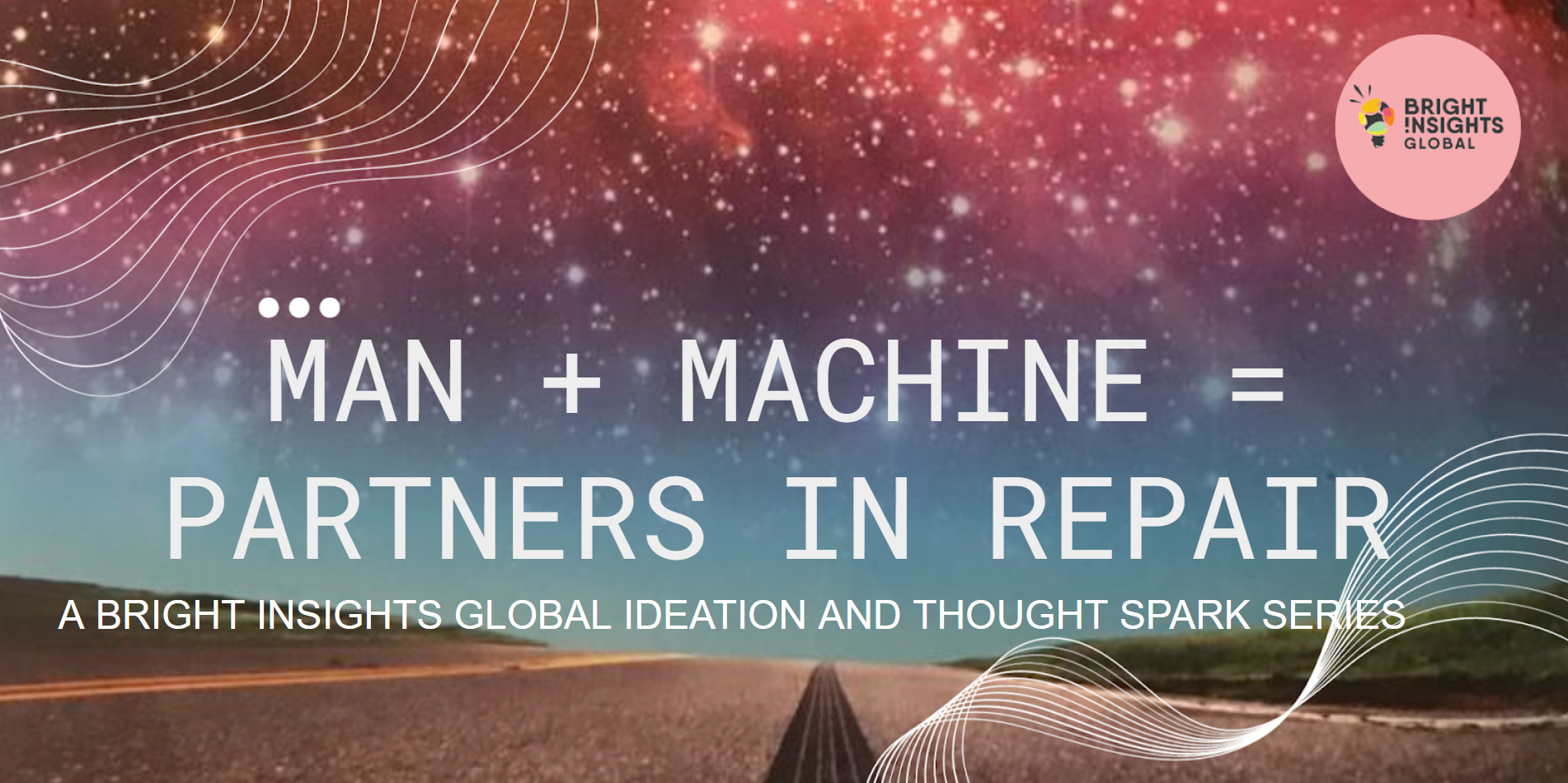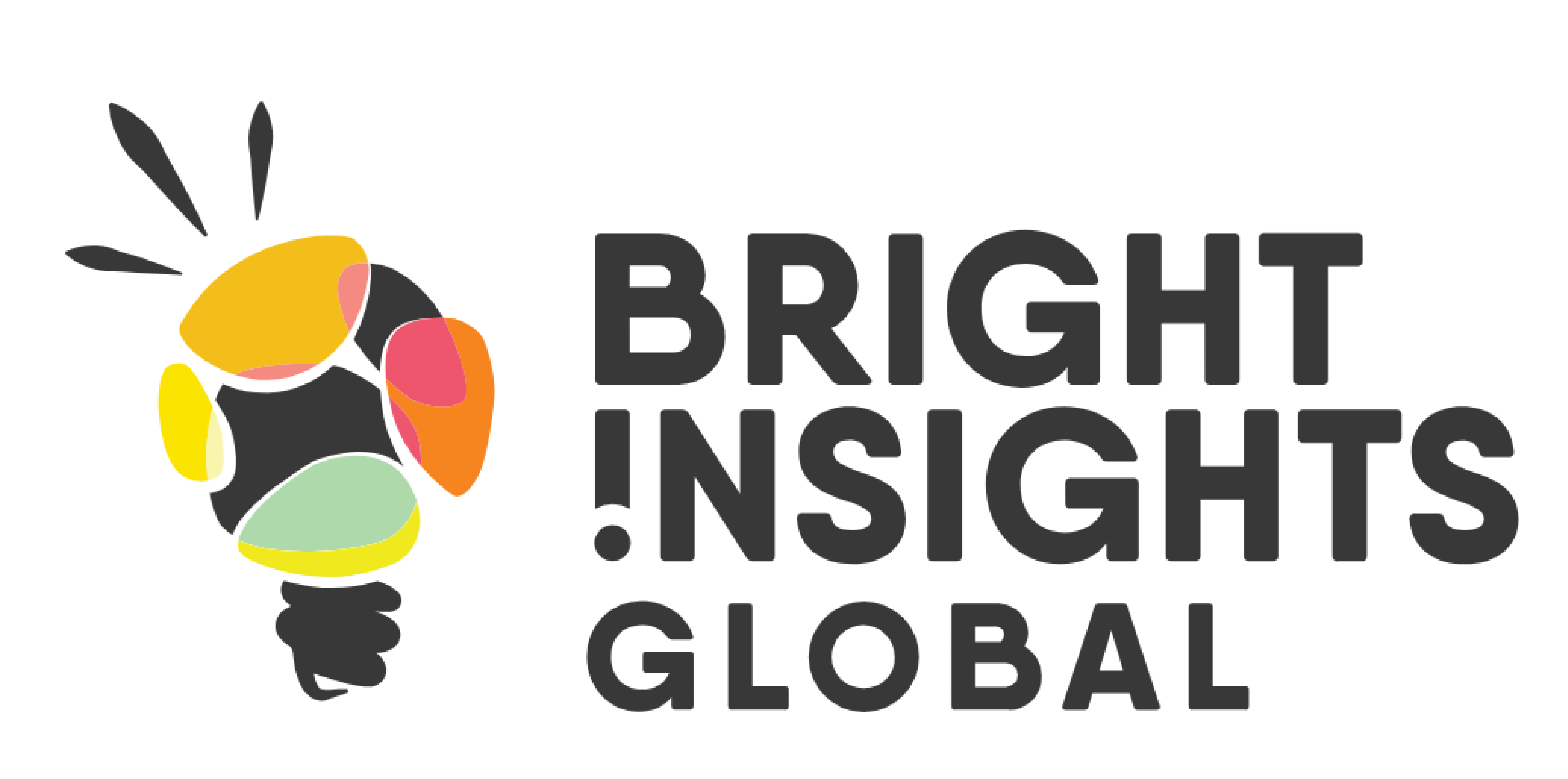
In a virtual gathering crafted to connect a global expert panel of Data Innovation and AI Ethics thought leaders with African STEM students, igniting inspiration and fostering imaginative exchange, the innovation workshop served as a nexus for creativity and collaboration. Within this dynamic exchange, the students were invited to explore the importance of imagination in driving product innovation. Hosted by BIG Conversations, BIG Labs for Good, and the American Corner Cape Town, the session convened a diverse group of thought leaders, professors and young scholars, each bringing their unique perspectives to the table.
A spokesperson for the Public Diplomacy section of the U.S. Consulate General in Cape Town, the sponsors of the American Corner, commented, “The American Corner Cape Town is part of a wider network of American Spaces across South Africa designed to facilitate exchange of information, ideas, and experiences between South Africans and Americans. Our goal is to create opportunities to learn from each other and work together – including in STEM fields — to find innovative ways to build a stronger, more inclusive future through partnership. We were honored to host this discussion on Data Africanism and to help spark inspiration among young South African leaders.”
The workshop was an open ideation session around the new idea, “Data Africanism”, in an effort to spark thought and innovation. Students from Cape Peninsula University of Technology(CPUT) were invited to use product innovation best practices to ideate around a common definition and value statements. The session concluded with reflective conversations, the structure was intentionally designed to foster engagement and provoke new thoughts and ideas.
Facilitated by BIG Labs for Good Founder, Saidah Nash Carter, the esteemed panelists represented perspectives from across the globe including:
- Fulbright Scholar and Professor of Education at Longwood University Dr. Alecia Blackwood from the USA.
- Leading scholar in Ecomusicology/Environmental Musicology/Climatic Musicology in Africa and AI for Africa Collaborator Professor Olusegun Titius.
- Co-founder & Executive Director of the African Futures Lab Dr. Lillian Umubyeyi.
- Member of the BIG Labs for Good advisory board and Ask An Elder Ambassador Lebo Nkodopi.
- Professor Zimisele Mulumiso, alongside his 4th Industrial Revolution students from CPUT.
During the session, the innovative concept of how we might integrate UBUNTU Ethics into machine learning development was discussed. These themes ultimately converged into the overarching discourse on Data Africanism, highlighting the profound potential impact of UBUNTU philosophy on shaping AI systems.

Defining Data Africanism: An Open Innovation Journey
The emerging idea of Data Africanism – a new pathway of data innovation exploration, is inspired by the book “Data Feminism” published by MIT Press. Using BIG’s thought spark and ideation workshop approach, panelists and participants discussed the role of African information and knowledge systems, African data ownership and a centering of African languages and values in the development of more Intentional and Ethical AI. The participants discussed Data Africanism as a tool to support the United Nations Sustainable Development Goals. Saidah Nash Carter connected dots between ancient African value systems and the intentions behind modern initiatives like the Inner Development Goals.


Panelist Insights
The panel was a diverse mix of global thought leaders who brought a wealth of expertise to the conversation, offering insights into various facets of the Data Africanist approach. Dr. Alecia Blackwood underscored the importance of decolonizing education in order to create educated and empathetic humans who will go on to create ethical AI, while Prof. Olusegun Titius emphasized the incorporation of cultural and environmental nuances into AI development. Lebo Nkodopi shared her insights on the power and potential of Ubuntu in guiding technological advancements, highlighting the need for a new mindset of togetherness and responsibility. These reflections underscored the central theme: the potential of man and machine working together to shape better futures.
Man + Machine = Partners in Repair
The overarching intention of the discussion revolved around the possibility of a positive symbiotic relationship between humans and machines if we are more intentional about using machine learning and AI to deliver positive social and environmental outcomes. Participants explored the potential for purpose-driven artificial intelligence to create inclusivity, while also acknowledging the ethical challenges inherent in present day AI systems. The notion of regenerative futures and the need for equitable data practices resonated strongly among attendees.

Revisiting The Great Forgetting
In a world where historical atrocities often fade into obscurity, perpetuating what Saidah Nash Carter aptly terms “The Great Forgetting,” the quest to combat this collective amnesia takes on renewed urgency. As Carter eloquently articulated in her exploration of advancing decolonization through AI, the need to acknowledge and rectify the injustices of the past remains. As the world continues to learn and build machine learning based tools, the integration of life-affirming principles like Ubuntu that support healing and human connection, in AI development is critical.


